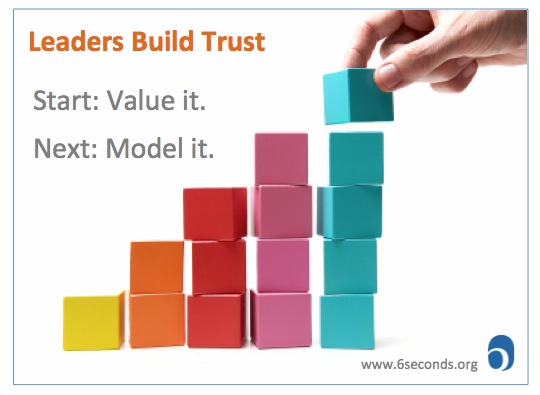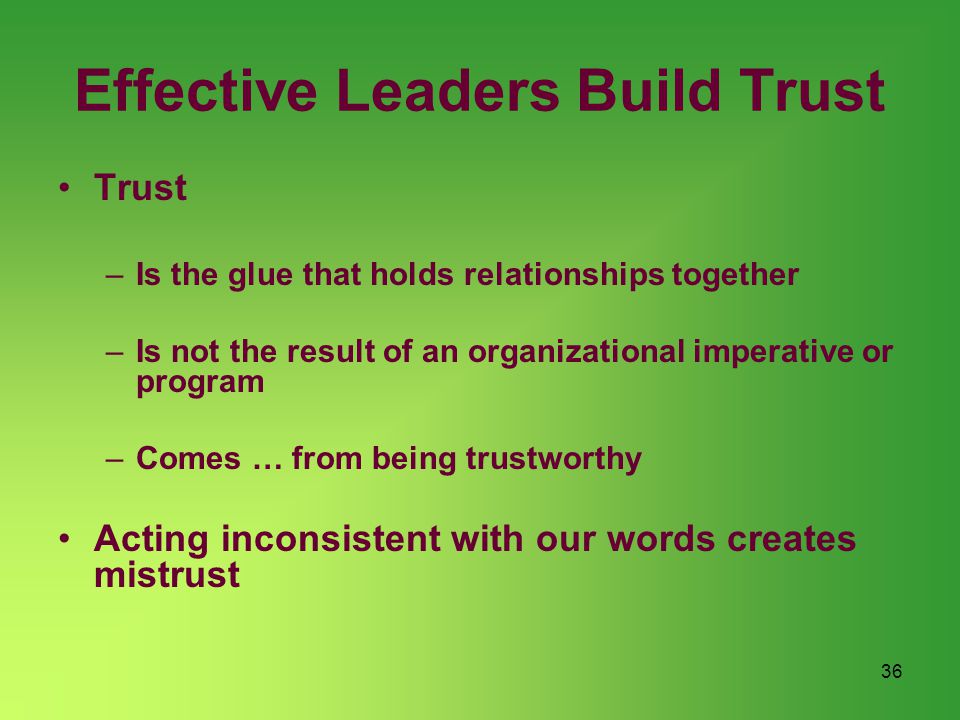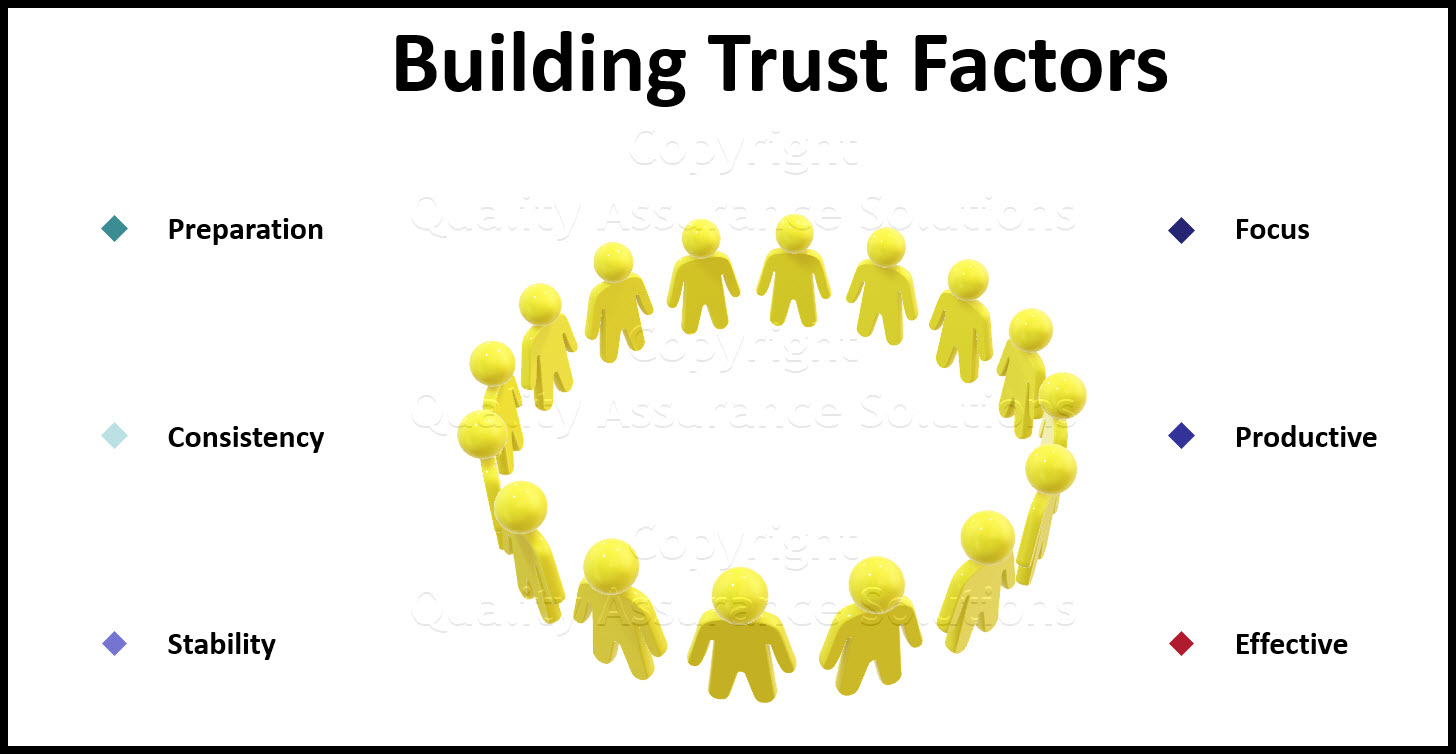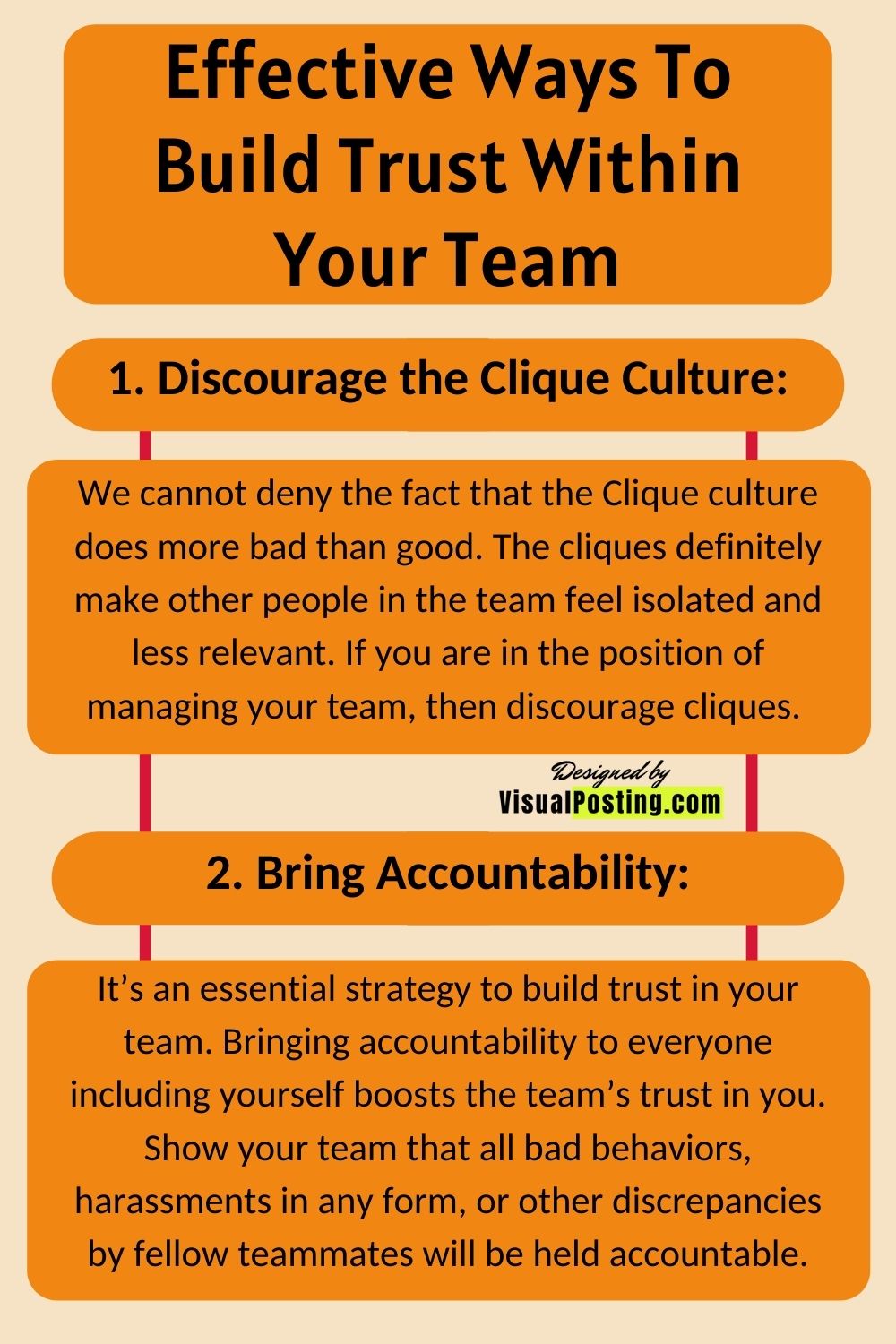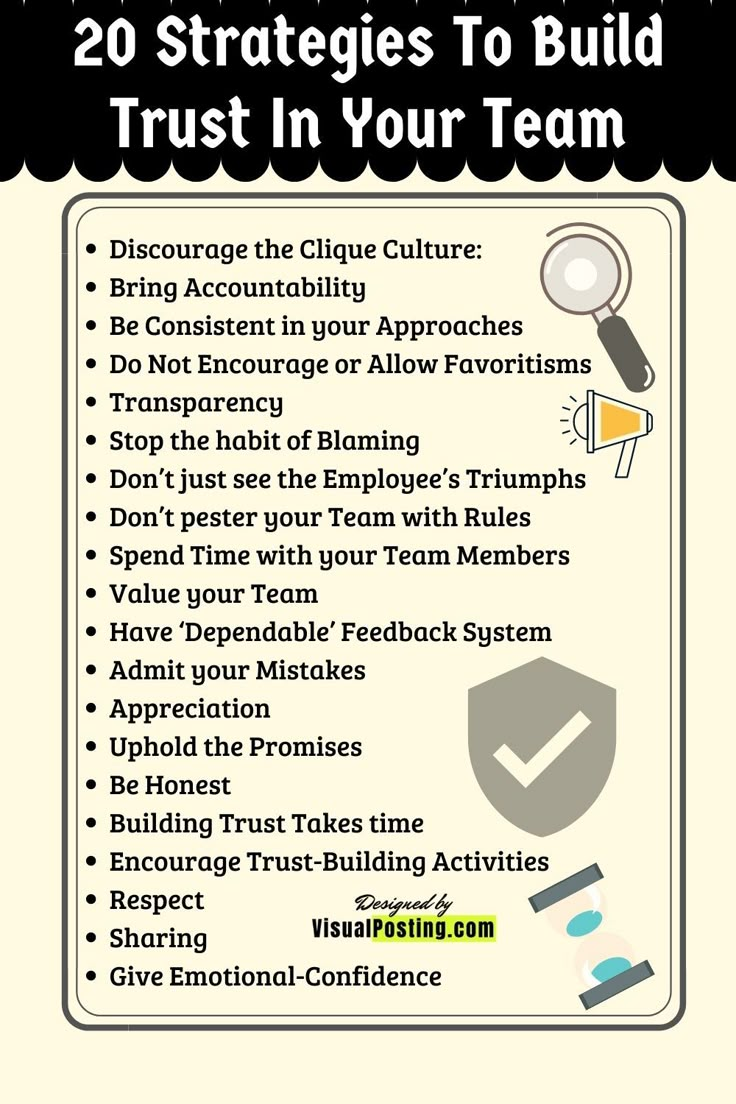How Do Effective Leaders Build Trust
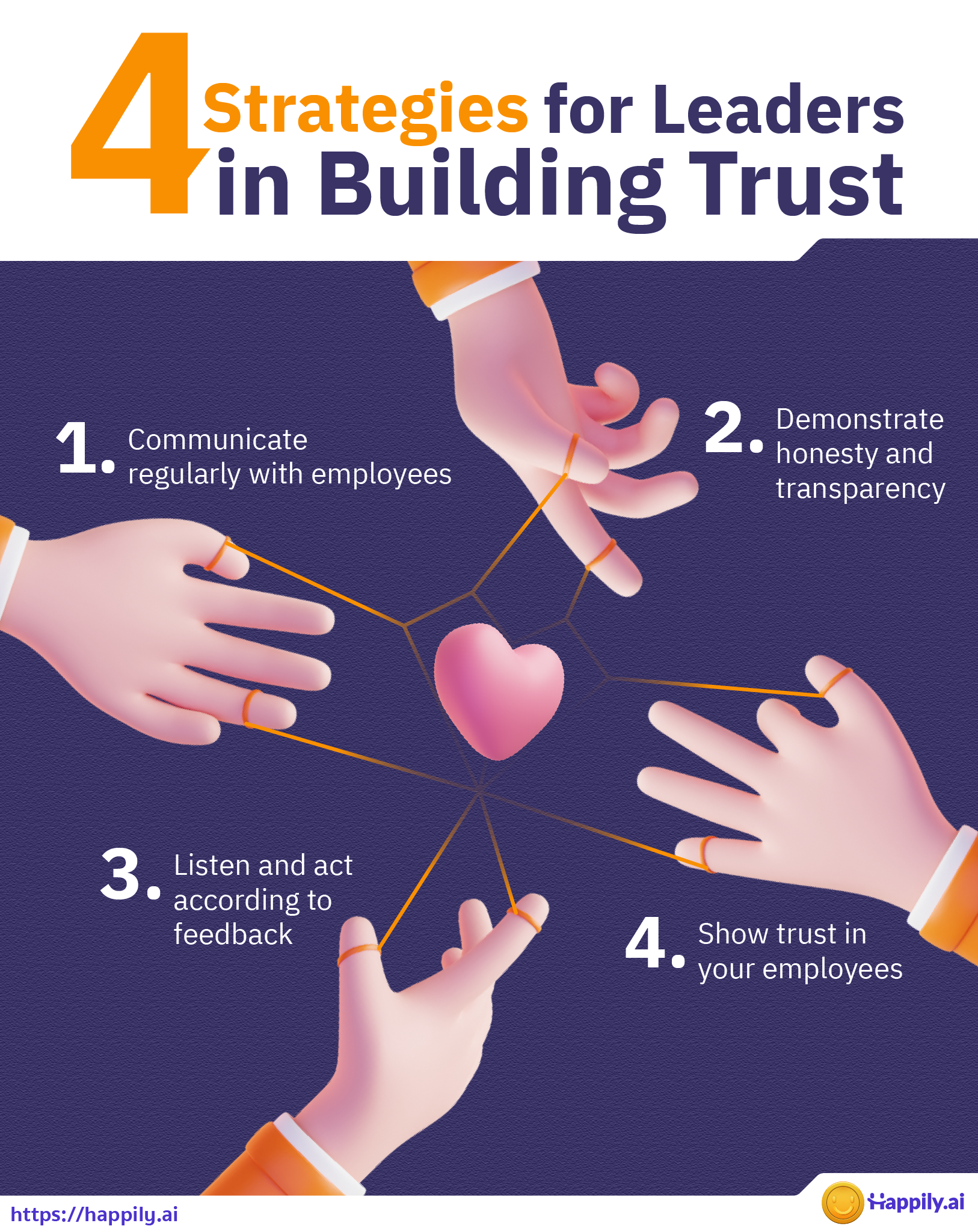
In today's turbulent world, where uncertainty reigns supreme and institutions face dwindling confidence, the cornerstone of successful leadership hinges on one vital element: trust. From the boardroom to the battlefield, and within communities navigating complex challenges, the ability to inspire belief and reliance dictates effectiveness. Leaders who cultivate genuine trust are better positioned to navigate crises, foster innovation, and drive sustainable progress.
At its core, building trust is not a matter of charisma or command, but a deliberate and consistent process built upon demonstrable actions and values. It involves unwavering integrity, transparent communication, active listening, and a genuine commitment to the well-being and success of those being led. This article explores the multifaceted strategies that effective leaders employ to cultivate trust, drawing upon insights from academic research, organizational psychology, and the experiences of successful leaders across various sectors.
Integrity: The Bedrock of Trust
Integrity, often cited as the most crucial element, demands that leaders consistently align their words with their actions. Leaders must be honest and transparent, even when delivering difficult news or acknowledging mistakes. Failing to do so can erode trust faster than any other misstep.
Dr. Brené Brown, a renowned researcher on vulnerability and leadership, emphasizes the importance of "braving" – setting boundaries, reliability, accountability, vault (confidentiality), integrity, non-judgment, and generosity. These elements form the foundation of trustworthy relationships.
Transparency and Open Communication
Transparency is vital for leaders. Communicating openly and honestly helps break down barriers. Effective leaders don't conceal information or mislead stakeholders; instead, they create an environment where individuals feel informed and empowered.
A study by the Edelman Trust Barometer consistently demonstrates that transparency is a significant driver of trust in institutions, including businesses and governments. Providing context and rationale behind decisions, even unpopular ones, can mitigate negative perceptions and maintain credibility.
Active Listening and Empathy
Active listening is often overlooked. It is a crucial component of building trust. Leaders must show that they value the opinions and concerns of their team members.
This means truly hearing what others are saying, not just waiting for an opportunity to speak. Empathy allows leaders to connect with others on a human level. They can understand their perspectives and demonstrate that they care about their well-being.
Competence and Reliability: Earning Respect
Beyond character, competence and reliability are essential for leaders. People need to believe that their leaders possess the skills and knowledge necessary to guide them effectively. Consistently delivering on promises and meeting expectations are key to earning respect.
"Trust is built through demonstrated competence," says Stephen M.R. Covey, author of "The Speed of Trust." Leaders should demonstrate their ability to make sound decisions, solve problems effectively, and achieve desired outcomes.
Accountability and Ownership
Accountability plays a significant role in earning trust. Leaders who take ownership of their actions, both successes and failures, inspire confidence. Admitting mistakes and learning from them demonstrates humility and a commitment to growth. Leaders should hold themselves and their teams accountable for performance.
This creates a culture of responsibility and helps build a stronger sense of shared purpose. Holding others accountable requires creating clear expectations and providing constructive feedback.
Investing in Relationships
Trust is not solely transactional; it requires investment in relationships. Leaders who take the time to get to know their team members, understand their aspirations, and show genuine care for their well-being are more likely to foster trust. This involves creating opportunities for connection and fostering a sense of belonging.
Simple gestures, such as actively listening to concerns, offering support during challenging times, and celebrating successes, can go a long way in building strong, trusting relationships.
Looking Ahead
Building trust is an ongoing process that requires constant effort and attention. In an increasingly complex and uncertain world, it is more important than ever for leaders to prioritize trust-building strategies. By focusing on integrity, transparency, competence, and relationships, leaders can cultivate environments where individuals feel valued, respected, and empowered to contribute their best work.
Organizations that prioritize trust are more likely to attract and retain talent, foster innovation, and achieve sustainable success. Ultimately, trust is not just a desirable attribute of leadership, but a fundamental requirement for creating a positive and impactful future.


